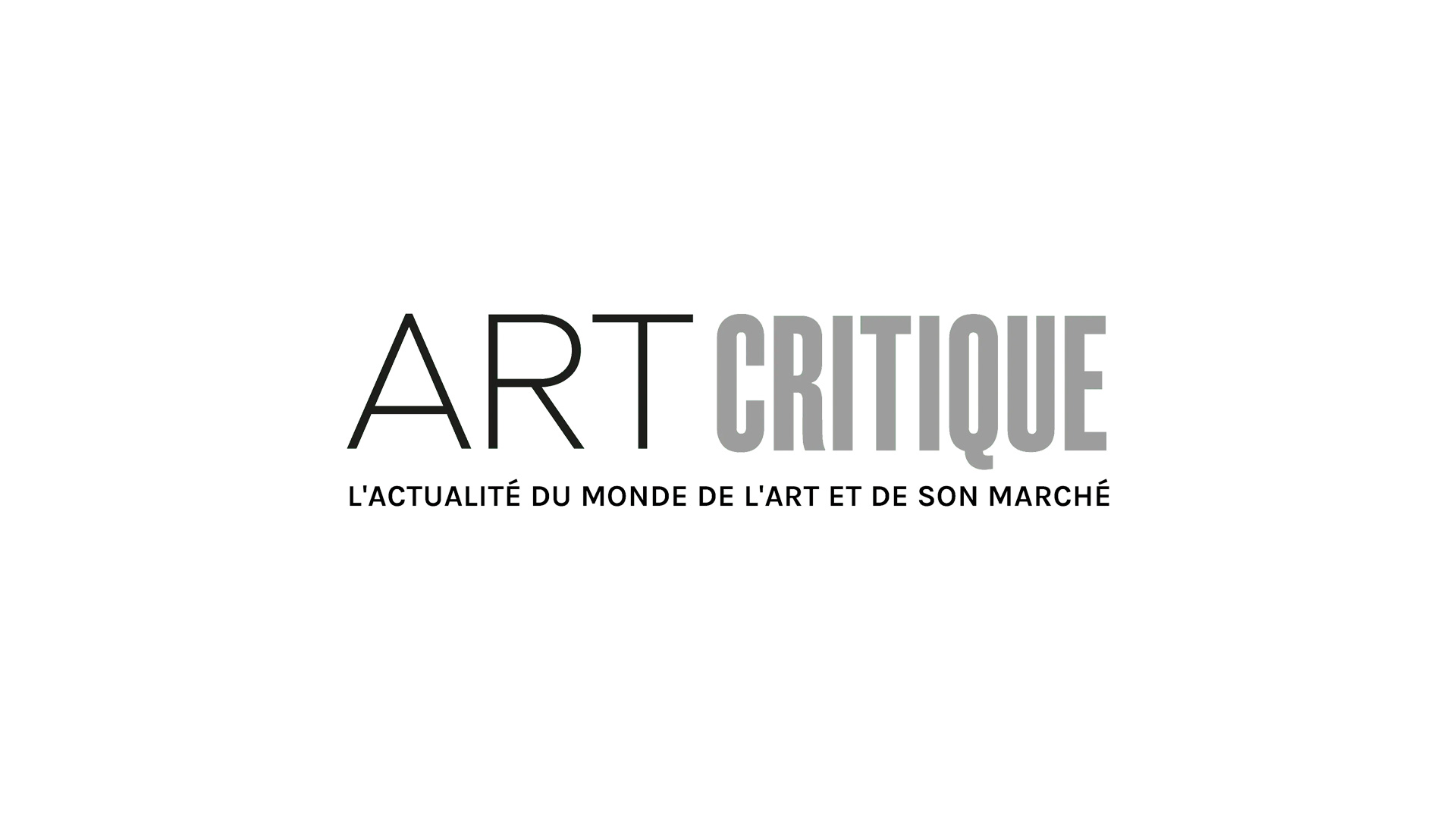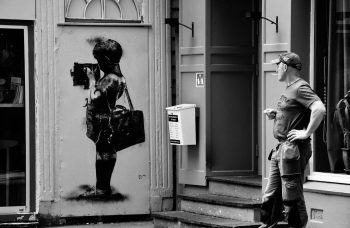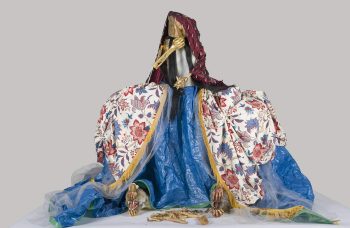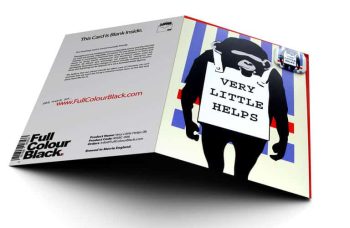In the early hours of a June Sunday, about 100 or so nude people took to the space outside Facebook’s Manhattan headquarters. There, they posed for photographer Spencer Tunick while holding large cut-outs of the male nipple to cover themselves. The demonstration was a protest against the censorship that Facebook, and perhaps more critically Instagram, routinely implement on a number of artists.
That demonstration and the calls of various artists around the world led to a recent round-table meeting held by Facebook, which is the parent company to Instagram, to discuss issues around the way that art is censored. Facebook invited artists to join them in a closed-door meeting to get at the issues that have restricted artists during their time utilizing Instagram, a social media platform that makes the most sense for visual artists to use. The artists who were invited have all at one time or another been censored by the platform and included artists like Marilyn Minter, Micol Hebron, Joanne Leah, and Siddhant Talwar. The artists in attendance were asked to sign a non-disclosure form.
The main cause for concern amongst artists has been instances in which works of photography, but not exclusively that medium, have been taken down. Instagram’s terms and conditions make space for painted works and sculptures but anything showing the nude figure in photography is subject for censorship. Even more so, though, is the female body, and explicitly the female nipple – hence, why Tunick chose close-ups of the male nipple even though they really aren’t distinguishable from female for his subjects in June. These restrictions have led to artists’ posts being taken down and their accounts being deactivated rather abruptly. For some artists, this has happened multiple times and not all of which are even posting works of photography.
One artist who was invited but was unable to attend was Betty Tompkins, whose works have been at odds with Instagram censorship for years now. In April, Tompkins posted an image of a catalogue layout featuring paintings from her 1969-1974 photorealistic series ‘Fuck Paintings.’ Following the post, Tompkins’ account was quickly deleted. While it was later restored, Tompkins has had perhaps the most issue with Instagram censoring her work, which falls directly into the category of nudity within art that Instagram deems ‘ok.’
Though she was unable to attend, Tompkins sent a statement to the meeting. It, as published by ARTnews, reads as follows:
I started posting my paintings and drawings on Instagram on October 22, 2015. In the four years since then, I have had over a dozen pieces removed with the community guidelines warning. My entire account was taken down over a catalog spread featuring text alongside a historically significant painting of mine that is in the permanent collection of the Centre Pompidou in Paris. This account, minus that catalog page, was subsequently restored due to a tremendous outpouring of support for my work from the art community (critics, curators, artists, and dealers alike). Despite my account being restored and my posts clearly indicating the materials I use, pieces continue to be removed with no warning at all. They are just gone.
I am not the only one. I have heard from numerous artists who have suffered the same fate or feel they are about to lose their accounts. So clearly, Instagram has a problem and I think I know what it is. Instagram does NOT follow its own guidelines which are very clear: “Nudity in photos of paintings and sculptures is OK, too.” There are no qualifiers here. They are “OK.” Period. By Instagram’s own subjective guidelines, none of my work should have been taken down. If an individual complains, why are they simply not blocked from following my account? If an algorithm is taking it down, why don’t I have the right to appeal this decision to a human being? As it is currently, the system is arbitrary and discouraging for any artist whose work is challenging or thought provoking.
Follow your own rules. Do it better.
Betty Tompkins





